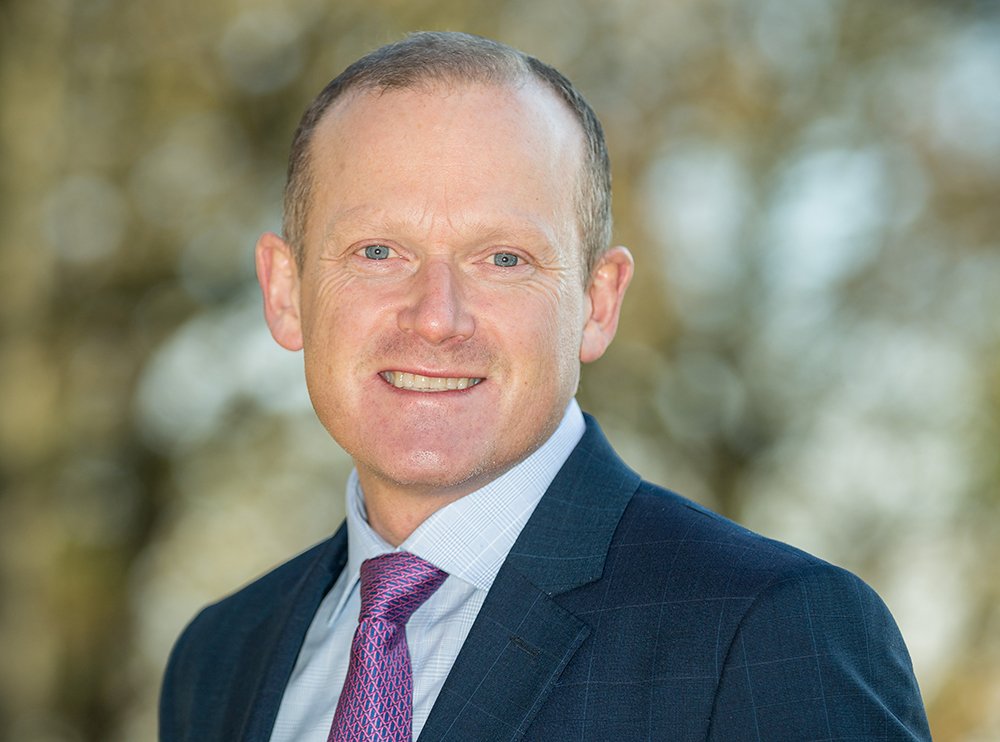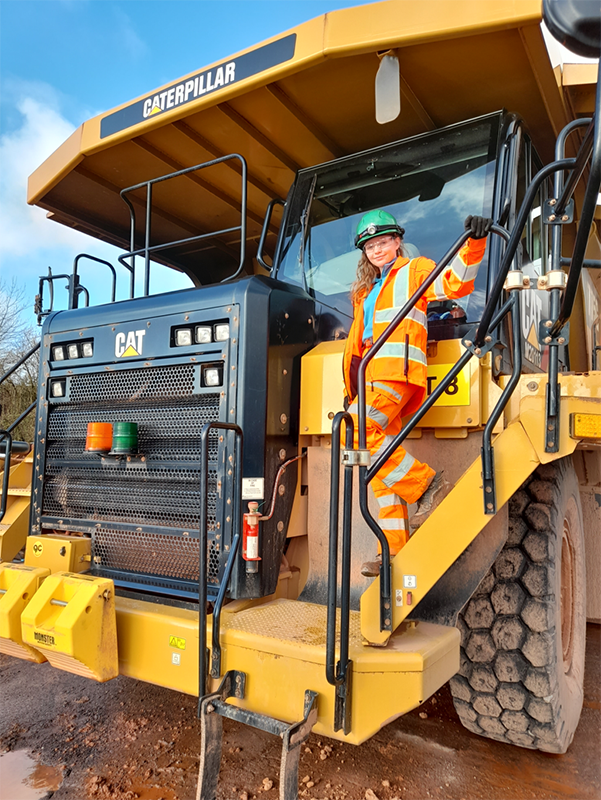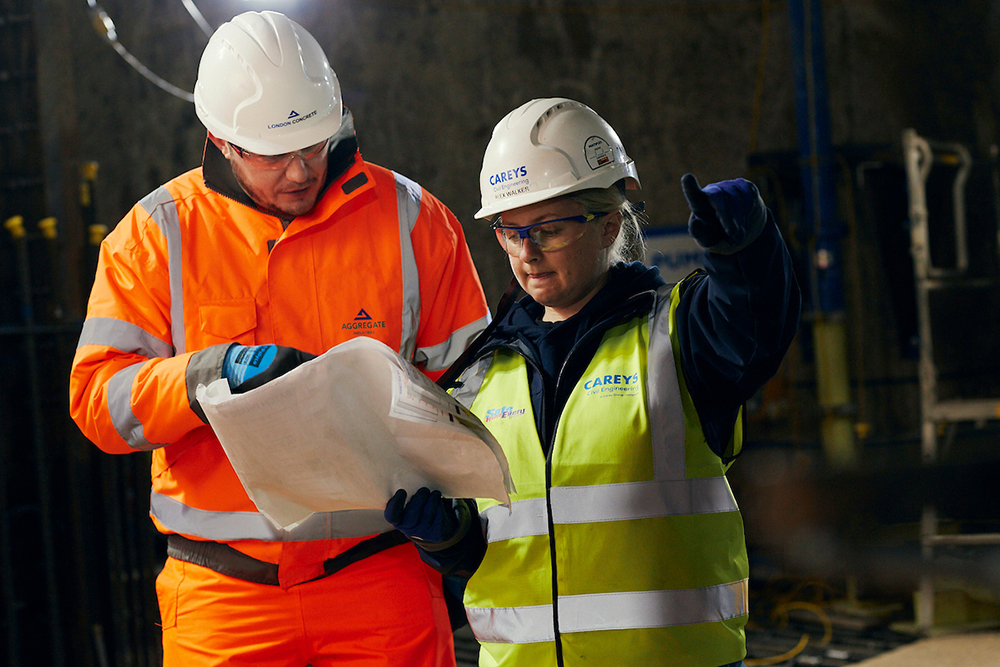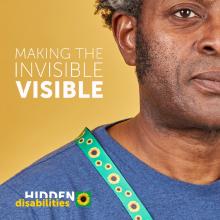
When it comes to promoting equality, diversity and inclusion (ED&I) across the construction sector, the time to act is now. At the start of 2021, major UK building materials supplier Aggregate Industries launched a five-point ED&I strategy designed to promote a positive, inclusive culture, adopting a zero-tolerance approach to discrimination, and committing to creating more opportunities to attract, shortlist and hire diverse talent. Here, James Roberts, HR director at Aggregate Industries, discusses the business’ ED&I journey and shares the best practice it’s adopting to help create an inclusive working environment for all.
The topic of workplace equality, diversity and inclusion (ED&I) is not new. However, it is still an area that many businesses – in construction and beyond – need to do much more to embrace. While it has been a key focus for Aggregate Industries for some years now, and we’ve implemented several industry-leading initiatives, we are committed to going much further than just policy.

At the start of 2021, we set about developing a clear approach to building an inclusive and diverse place to work that would allow us to leverage everyone’s differences, giving us access to a broader set of skills and new talent to help us strengthen the links with our stakeholders and the communities in which we operate. To help us achieve this, we listened, learnt, and then developed a five-point ED&I strategy to ensure that the journey would take us to exactly where we wanted to be by 2025.
Five Steppingstones to Equality, Diversity and Inclusion
Our five-point strategy was agreed and endorsed by our Executive Committee (EXCO), overseen by our CEO – and our ED&I steering committee, which we established in 2020, is now responsible for embedding the strategy in our organisation. It monitors and evaluates progress based on our objectives, and membership includes leaders of each Affinity Network alongside EDI lead and EXCO sponsors for each strategic pillar.
The first pillar in the plan – and the heartbeat of our ED&I strategy – was the development of an Affinity Network to bring together employees with similar backgrounds or interests. To date, we have five Affinity Groups up and running, increasing visibility and giving a voice to LGBTQ+, female, BAME, colleagues with disabilities, and most recently, age equality. Each group is already having a powerful influence in the workplace. In the last year alone, our Affinity Groups have seen us sign up to the Hidden Disabilities Sunflower Scheme, in support of those with unseen disabilities. We have also committed to the Construction News’ Inspiring Women in Construction pledge, designed to help firms promote gender equality and make the sector more welcoming for women, and we ran a successful Wear it with Pride business-wide campaign for Pride Month.
We have also implemented regular external 360 assessments with our 1,300 colleagues on FREDIE in partnership with the National Centre for Diversity. For those not familiar with FREDIE, it stands for Fairness, Respect, Equality, Diversity, Inclusion and Engagement. These surveys provide an objective and critical assessment on our culture and ways of working. They offer us real insights and help us identify where we need to focus our attention for change. As a result, over the last year, we have launched reverse mentoring, introduced training on unconscious bias and protected characteristics, created team toolkits for local ED&I commitments, run inclusion audits at every site and introduced female-specific PPE.
We’re also ensuring we take a 100% zero-tolerance approach. By this, we mean refusing to accept or tolerate inappropriate conduct, behaviour or actions of any individuals linked to discrimination, bullying or other harassment. Our schemes, such as Safe Space to Talk, are allowing our colleagues to raise concerns where needed, and our ongoing training, including Respect at Work e-learning and the introduction of a specific Sexual Harassment Policy is helping to raise awareness and eliminate cases where our zero-tolerance approach might need to be applied. We take this approach because it’s the right approach – and I have personally had that reinforced to me through conversations with some of our Affinity Group leads. Ultimately, as a sector, we must do more to adopt zero tolerance, lead from the front and have no excuses for allowing discrimination within our industry.

Furthermore, we are also measuring success to keep focus, devise relevant action plans, track progress and have full accountability. The data helps us to identify the key areas we need to improve on to make our workplace more equal, diverse and inclusive and feeds key themes into our other strategic pillars to drive actions. A big area of focus is on ensuring we achieve our committed diversity targets.
Our final pillar focuses on strengthening the representation of female talent in our organisation as well as creating promotion opportunities. We’re striving to make sure that talented women in the business have the same opportunities to progress as men, as well as addressing gender imbalance in senior positions. For the first time, we have welcomed two female Executive Committee members to the board. We have launched a female leadership programme, and we are actively hiring not just experienced women in construction but graduates and women early in their careers too.
Making Strides on the ED&I Journey
Thanks to the concerted efforts of everyone across our organisation, we are making huge strides and have recently been accredited the Investors in Diversity Award by the National Centre for Diversity in recognition of our progress to date, something I am very proud of.
However, it continues to be a journey, and I use the word ‘journey’ because there’s still much further to go. We will continue to build on the success of our existing Affinity Networks, and we’re also adding new training on bullying, harassment, and what constitutes workplace banter. The long-term aim is that our ED&I strategy will make us an attractive workplace for the best people, no matter what their background – and in doing so, we can unlock the huge amount of benefits a diverse, inclusive environment brings.








